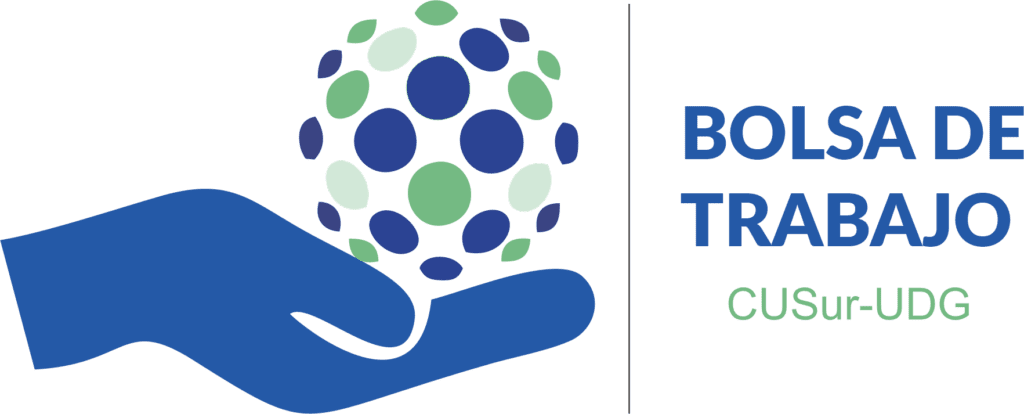
Pfizer Inc.
FollowOverview
-
Founded Date octubre 10, 1950
-
Sectors Periodismo
-
Posted Jobs 0
-
Viewed 27
Company Description
DR Congo Workers for Feronia made Impotent By Pesticides – HRW
DR Congo workers for Feronia made impotent by pesticides – HRW
25 November 2019
Workers exposed to pesticides at a UK-funded company in the Democratic Republic of Congo have experienced becoming impotent, a rights group has said.
Feronia, which controls DR Congo’s palm-oil sector, had actually failed to provide employees appropriate protective devices, Human Rights Watch (HRW) said.
The UK federal government’s advancement bank, CDC, owns 38% of Feronia in DR Congo.
It said Feronia had actually invested heavily in protective devices and all workers were required to use it.
Feronia, a Canadian-based firm, stated it was devoted to operating to worldwide standards.
The firm included that it had invested $360,000 (₤ 280,000) on personal protective devices in the last 3 years, which employees had actually been trained to use, and it had actually implemented a policy requiring the devices to be used in the office.
Africa Live: Updates on this and other stories
Congo – a river journey
Congo trainee: ‘I avoid meals to buy online information’
Feronia and its local subsidiary, Plantations et Huileries du Congo (PHC), utilize thousands of workers at palm oil plantations in DR Congo.
PHC has received millions of dollars from the advancement banks of Belgium, Germany, the Netherlands and the UK.
“These banks can play a crucial role promoting development, but they are sabotaging their objective by failing to guarantee the business they fund appreciates the rights of its workers and neighborhoods on the plantations,” HRW scientist Luciana Téllez-Chávez said.
What is ?
In a report entitled A Poisonous Mix of Abuses on Congo’s Oil Palm Plantations, external, HRW said it had interviewed more than 40 workers and two-thirds of them “informed us that they had actually become impotent since they began the job”.
Impotence – together with shortness of breath, headaches, and weight-loss that the workers complained about – were health issues “constant with exposure to pesticides in general, as explained in scientific literature”, HRW stated.
“Many [also] experienced skin irritation, irritation, blisters, eye issues, or blurred vision – all symptoms that follow what scientific texts and the items’ labels describe as health consequences of direct exposure to these pesticides,” the rights group included.
Ms Téllez-Chávez stated workers who had been interviewed had permeable cotton overalls – not the waterproof overalls.
“If pesticides accidentally spilled, the harmful liquid would likely touch their skin,” she added.
What else does HRW state?
At the Yaligimba plantation, the business dumped the waste from its palm oil mill next to workers’ homes.
The effluents formed a “foul-smelling stream”, and eventually streamed into a natural pond where women and children bathe and clean cooking utensils.
“Residents of a village of numerous hundred individuals downstream informed us the river was their only source of drinking water,” Ms Téllez-Chávez said.
If untreated and untreated, effluent-dumping could ultimately also cause fish to suffocate and die, or trigger big growths of algae that could adversely impact the health of people who entered into contact with contaminated water or consumed tainted fish, HRW included.
The rights group likewise implicated Feronia of paying “extreme hardship” incomes, stating ladies were the lowest-paid, with some earning as low as $7.30 a month event fruit.
HRW stated the advancement banks need to ensure business they purchase pay living wages to their workers.
What is the UK development bank’s action?
In a statement, CDC said: “Palm Oil Mill Effluent (POME) is an organic mix of natural waste oils and fats and has been discharged into rivers considering that the plantation entered being in 1911 and does not threaten human health.
“A treatment plant for POME represents a multimillion dollar investment – cash that the business has picked instead to invest in real estate, clean water provision, health care and academic centers for workers, their households and other members of the regional neighborhoods.
“It is the objective of the company to construct treatment plants for POME, however is sadly not in a monetary position to do so currently as it continues to make heavy losses.
“In addition, the business has refurbished or dug 72 brand-new boreholes for the provision of clean water in the last six years.”
What does Feronia say?
The business stated working conditions had actually enhanced substantially considering that the involvement of the European banks in 2013.
Employees were now paid significantly more than the minimum wage for farming in DR Congo and the typical worker earned $3.30 daily – higher than what a local instructor would earn, it said.
It also confirmed that it had invested substantially in access to safe drinking water.
“Feronia operates on a social required with local neighborhoods. Without their assistance we would not be able to function. We acknowledge that there is still a lot to be done and are devoted to running to international requirements. We will continue to work relentlessly to achieve these goals,” the business included a statement.
‘I skip meals to purchase online data’
24 November 2019
Five things to understand about the nation that powers cellphones
29 December 2018



